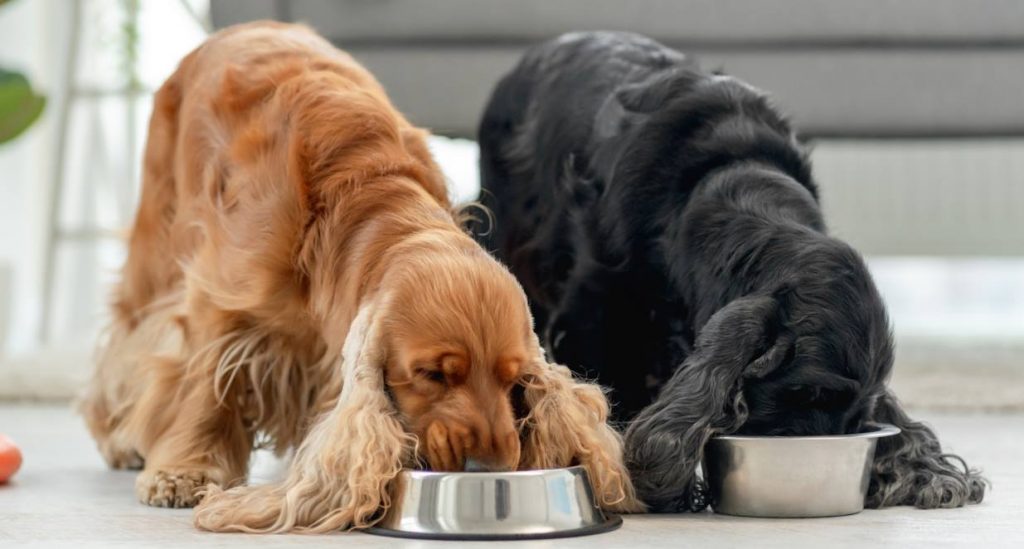
Many pet owners treat their furry friends like a part of their family, giving them all the love and attention they deserve. This includes feeding them a healthy and balanced diet. However, some pet parents may fall for trendy diets that can be harmful to their pets. In this article, we explore the dangers of grain-free food and why it may not be the best choice for your pet.
Grain-free pet food is a type of pet food that doesn't include grains like wheat, barley, rice, or corn. Instead, it usually has other sources of carbohydrates like potatoes or legumes such as peas or lentils.
The reason grains are left out of these recipes is that some people believe that dogs and cats struggle to digest and use grains, which can cause digestive problems, allergies, or sensitivities. By removing grains from their diet, it's thought that pets might have better digestion, less inflammation, and improved overall health.
Potatoes are the most common replacement for grains in grain-free pet food supplies because they're high in carbs. They give pets a quick source of energy and are easy to digest. Potatoes also provide important nutrients like vitamins C and B6, potassium, and fiber, which help pets have a well-rounded diet.
Veterinarians have been scratching their heads over the popularity of grain-free pet foods. They see it as a solution in search of a problem. Owners are jumping on the grain-free bandwagon, either because they have a vague idea of what's "healthy" or because they believe it will solve their pets' allergy issues.
But here's the thing: there's no solid evidence to suggest that feeding grains to dogs or cats is harmful. In fact, whole grains can provide valuable nutrients like vitamins, minerals, essential fatty acids, and fiber. Some grain products even have protein that's easier for pets to digest than meat.
Even refined grains like white rice can be good for your pet's health, depending on their diet and individual needs. The majority of dogs and cats are really efficient at digesting and getting nutrients from the amount of grains usually found in pet foods. So, there's no need to worry about including grains in your furry friend's diet.
Food allergies in pets are quite rare, and pets are even less likely to experience grain allergies. The few pets that do have allergies are usually allergic to animal proteins like beef, dairy, and chicken. This is because these ingredients have been commonly used in commercial diets, not because they are more likely to cause allergies.
Certain grain-free diets have lower carb levels, but they can be high in fat and calories. Other grain-free diets simply replace grains with highly refined starches like potatoes or tapioca. These components not only fail to provide as many nutrients or fiber as whole grains, but they can also be more expensive.
Unfortunately, these grain-free foods are not just a waste of money. Veterinarians are increasingly concerned that certain grain-free diets can pose health risks to dogs, especially if they are consumed long-term. The appeal of these products is more likely due to clever marketing rather than solid scientific evidence.
According to an FDA statement from July, there is a link between the consumption of grain-free food and an increased risk of dilated cardiomyopathy (DCM) in dogs. DCM is a lethal condition that causes enlargement of the heart and impairs its capacity to circulate blood.
DCM is a genetic illness commonly found in certain breeds like Doberman pinschers. However, veterinarians have raised concerns after observing instances of DCM in breeds like golden retrievers, which do not typically have a genetic predisposition for the disease.
Upon further investigation, they discovered an alarming pattern - many of these cases were associated with grain-free diets. While it is important to note that a direct cause-and-effect relationship has not yet been established, these findings are worth considering.
Before switching to grain-free pet food, it's important to consider the potential benefits and drawbacks. While grain-free options can be beneficial for dogs with grain allergies, there are also potential issues to be aware of.